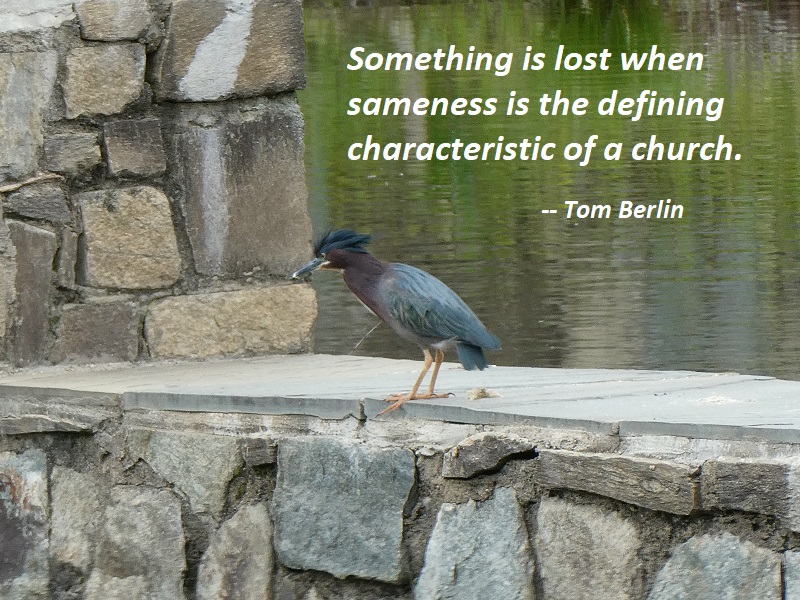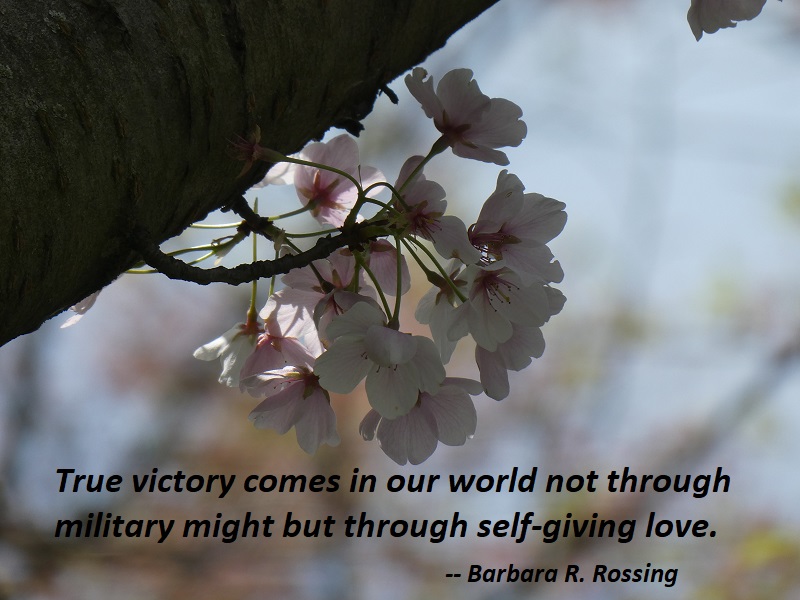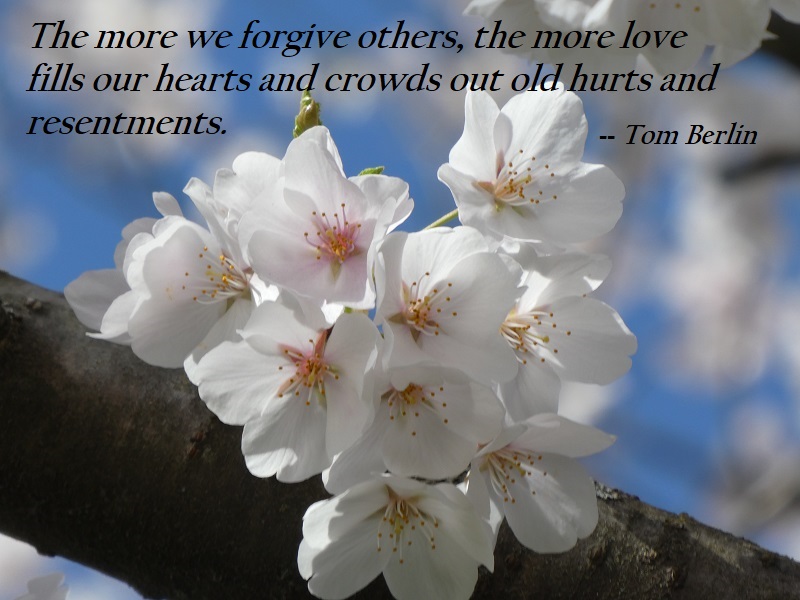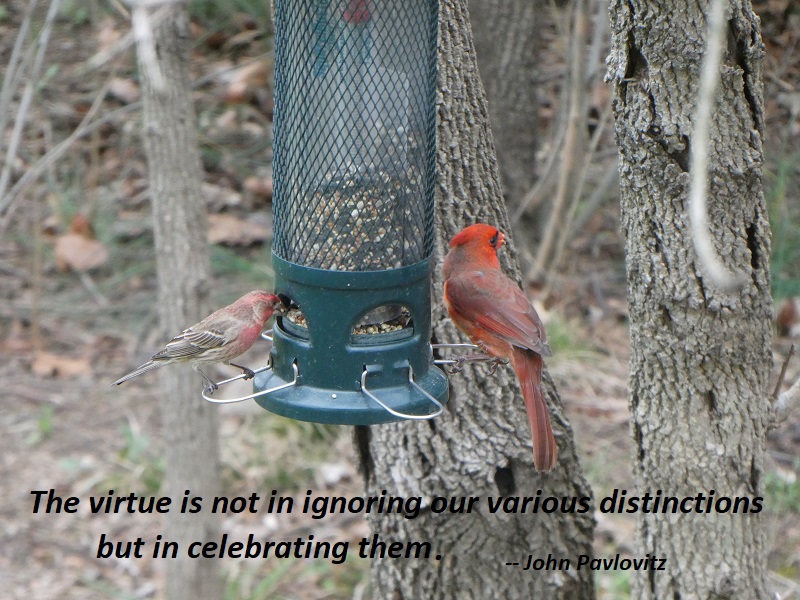
While the Gospels clearly and consistently reveal that the death of Jesus was at the hands of men to please and appease religious and political rulers and satisfy an angry mob, many religious leaders today see the death of Jesus on the cross as a sacrifice which pleased and satisfied God. But this interpretation sides with the religious and political leaders who called for the death of Jesus. Many religious leaders then and now believed that God wanted Jesus to die, and that peace would come only through His death. The more modern Christian theologians who argue for this view teach that while the blood of bulls and goats could only temporarily cover our sin, the death of Jesus was the ultimate and perfect sacrifice which God needed and demanded as the complete payment for sin. This way of thinking about the sacrifice of Jesus does not undermine the sacrificial system, but supports and buttresses it as never before.
The best way (and the most ancient way) of understanding the death of Jesus on the cross, however, is to see it not as something demanded or required by God in order to extend forgiveness of sins to humanity, but instead as something demanded and required by humans as a way to reinforce the great lie which we have lived beneath since the beginning of the world. The great lie is that God is angry at us because of sin, and when bad things happen in life, it is because God is angry at us, and so the best way to deal with sin and an angry God is to find the “sinner” in our community and kill him or her in the name of God. Then God will be pleased that we have taken care of sin and will bless us once again.
Jesus was viewed by the people of His day as a sinner and blasphemer who needed to be condemned, accused, and executed in accordance with the will of God. But it was not God’s will. No execution or sacred violence is ever God’s will. How do we know? The death of Jesus revealed this truth to us. The death of Jesus did not reveal that God wants death, but that we want it. His death reveals our vile hearts and violent ways, while at the same time revealing the heart of God as always forgiving and only loving. The death of Jesus called us to the one thing God has always wanted for us, which is to live as He lives, with nothing but love, grace, mercy, and forgiveness extended toward others.
— J. D. Myers, Nothing But the Blood of Jesus, p. 150-151









